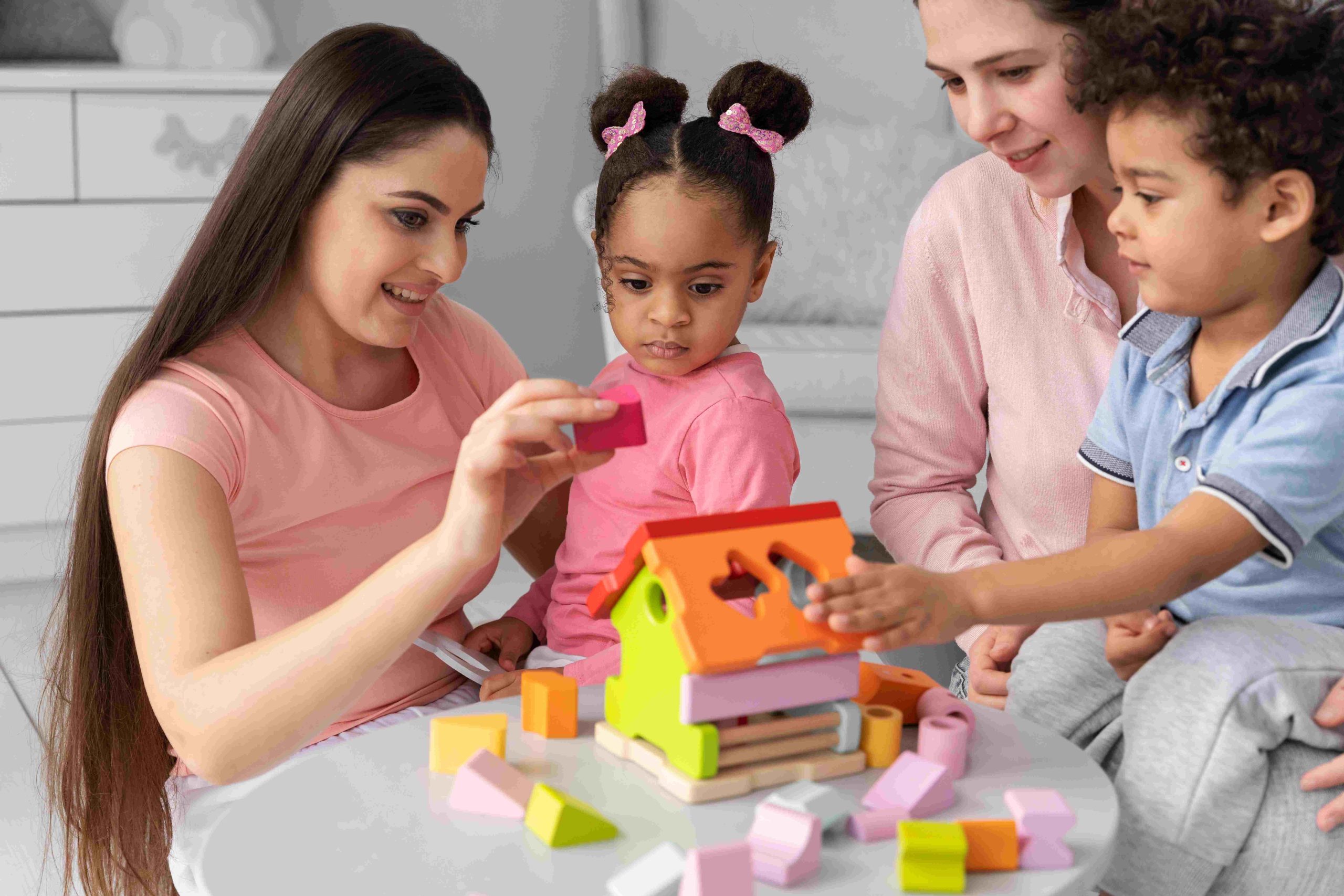
The Importance of Building Relationships in Preschool Education
Preschool is a critical time in a child’s development, as it sets the foundation for their academic and social-emotional success in the future. One essential component of preschool education is building relationships between teachers and preschoolers. When teachers and preschoolers have positive relationships, it can lead to improved learning outcomes, better behavior, and higher self-esteem. This article will explore the importance of building relationships in preschool education and provide strategies for educators to build strong relationships with their preschoolers.
Creating Positive Relationships with Preschoolers
Building positive relationships with preschoolers is essential in creating an effective learning environment. When preschoolers feel connected to their teacher, they are more likely to engage in learning and be open to trying new things. Positive relationships also help preschoolers feel safe, secure, and supported, which can lead to better behavior and higher self-esteem.
- Get to know each preschooler individually:
- Create a warm and welcoming environment
- Participate in activities with preschoolers
- Use positive reinforcement
- Communicate regularly with preschoolers and their families
Strategies for Building Relationships with Preschoolers
Getting to know each preschooler as an individual is essential in building positive relationships. Teachers should take the time to learn each child’s interests, strengths, and areas for improvement. This can be done through informal conversations, observations, and assessments.
Creating a warm and welcoming environment can help preschoolers feel safe and secure. This can include decorating the classroom with preschoolers’ artwork, providing comfortable seating, and creating a sense of community by displaying class rules and expectations.
Participating in activities with preschoolers can help build relationships by demonstrating interest in their learning and modeling positive behavior. This can include participating in group activities, playing games, and reading stories.
Using positive reinforcement can help build positive relationships by encouraging preschoolers’ positive behavior. This can include providing praise for a job well done, offering small rewards for accomplishments, and celebrating achievements.
Regular communication with preschoolers and their families can help build trust and foster a partnership in supporting preschoolers’ learning and development. This can include providing updates on preschoolers’ progress, sharing concerns, and seeking input from families on how to best support their child’s learning.
Benefits of Building Positive Relationships with Preschoolers
- Improved learning outcomes
- Better behavior
- Higher self-esteem
- A sense of belonging
Another key aspect of building relationships with preschoolers is showing empathy and understanding towards them. It is important to recognize that preschoolers are at a stage in their life where they are still developing their emotional regulation and may not always have the words to express their emotions. As adults, we need to be patient and compassionate towards them, acknowledging their feelings and helping them to work through them.
One way to do this is by validating their feelings. If a preschooler comes to you upset because their friend took their toy, instead of dismissing their feelings or telling them to “just get over it,” acknowledge how they are feeling. This shows the preschooler that their feelings are valid and that you are there to support them.
It is also important to set clear and consistent boundaries with preschoolers to help them feel safe and secure. Preschoolers thrive on routine and structure, and having clear expectations helps them to understand what is expected of them. However, it is equally important to be flexible and understanding when the situation calls for it. If a preschooler is having a difficult day and needs some extra support, it is important to be willing to adapt and make changes to the routine to help them feel more comfortable.
In addition to building relationships with individual preschoolers, it is also important to build relationships with their families. Preschoolers’ families are their primary caregivers, and they play a crucial role in their development. By working collaboratively with families, preschool educators can gain a deeper understanding of each child’s unique needs and strengths, and create a more holistic approach to supporting their development.
Build Relationships


